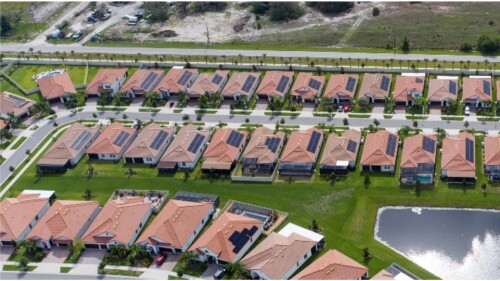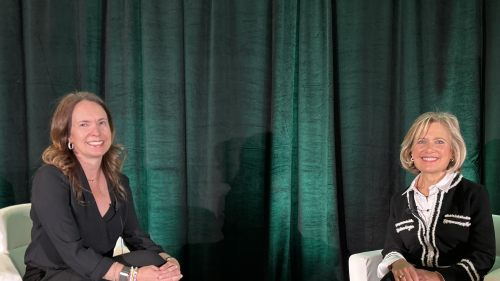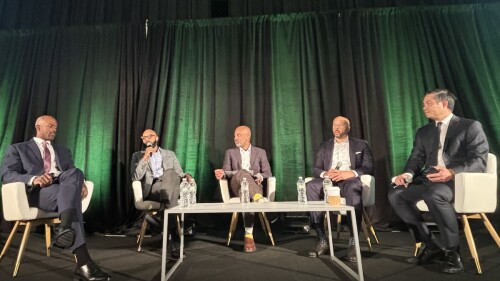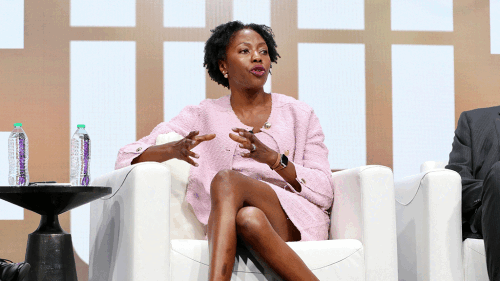During the 2021 ULI Virtual Europe Conference in February, Marnix Galle, chairman of ULI Europe, sat down with Philippe Close, the mayor of Brussels, Belgium. Close provided insight into the future of Brussels, how COVID-19 has affected the city, and what the city is doing to adapt.
Galle began by citing a competitiveness study done by ULI in 2016 that found that Brussels had become a more dynamic and international city and would continue to compete for talent for years to come. However, unless it moved beyond its “business as usual approach to infrastructure, land use, and coordination,” it would struggle to absorb growth sustainably.
“It is interesting, this study; we have an asset and something we need to improve,” Close said. He noted that the “first phase” of the government was improving the livability of the city. “Every capital has economic assets, but it’s sometimes difficult for the inhabitants to live.”
Today’s exclusive, intimate interview is with the Mayor of Brussels, Philippe Close @PhilippeClose. In discussion with ULI Europe Chair, Marnix Galle, #Immobel, the Mayor talks through #Brussels leadership in times of change. #ULIEuropeConf pic.twitter.com/nEeTGOhXTd— ULI Europe (@ULIEurope) February 10, 2021
The mayor’s second phase has involved managing the internationalization of Brussels. “Brussels is the capital of 500 million European citizens, everyone knows that.” But, he said, “it’s not easy to manage all these nationalities who live together, work together, and share together.”
The third phase, according to Close, is creating a city of knowledge. “We are convinced that with this pandemic, there is also an opportunity for us to work on the ‘city of knowledge’—the universities, research, the center for new industries.”
When asked how COVID-19 has affected these plans, Close responded by saying that the pandemic presented an opportunity to “change the state of mind.”
“The famous economist [Joseph] Schumpeter said that ‘destruction produces something, sometimes better,’ and I think Schumpeter agrees with what I think,” Close said. Even though he said that it is a difficult time for everyone, he believes that they can change their future and use the pandemic to reinvent themselves as a city.
Close continued by explaining the city’s aim to improve its affordable housing. “We are in a better situation than Paris or London, but we know improving this is important for the population,” he noted. Close emphasized the importance of public/private partnerships to build more housing, as well as developing the “mixed city.”
“During the 20th century, there was only one model for a building—either office, housing, or commercial. Now, what is interesting is if you do something together,” Close said. He said that he is excited about creating a city of “10 minutes,” where one’s home, work, recreational area, and food are all within a 10-minute radius. He cited Portland and Melbourne as examples of models for his vision.
Close ended with his approach to sustainability, which was mentioned in ULI’s report. For the mayor, this approach comprises three pillars—environmental, economic, and social. “We need the economy and we need the social, we need to speak about the people who have no money.” While the environment is important according to Close, there can be no investment in it without proper attention to the other two pillars. “If we can invest in these three, I’m convinced that we can improve our future.”




